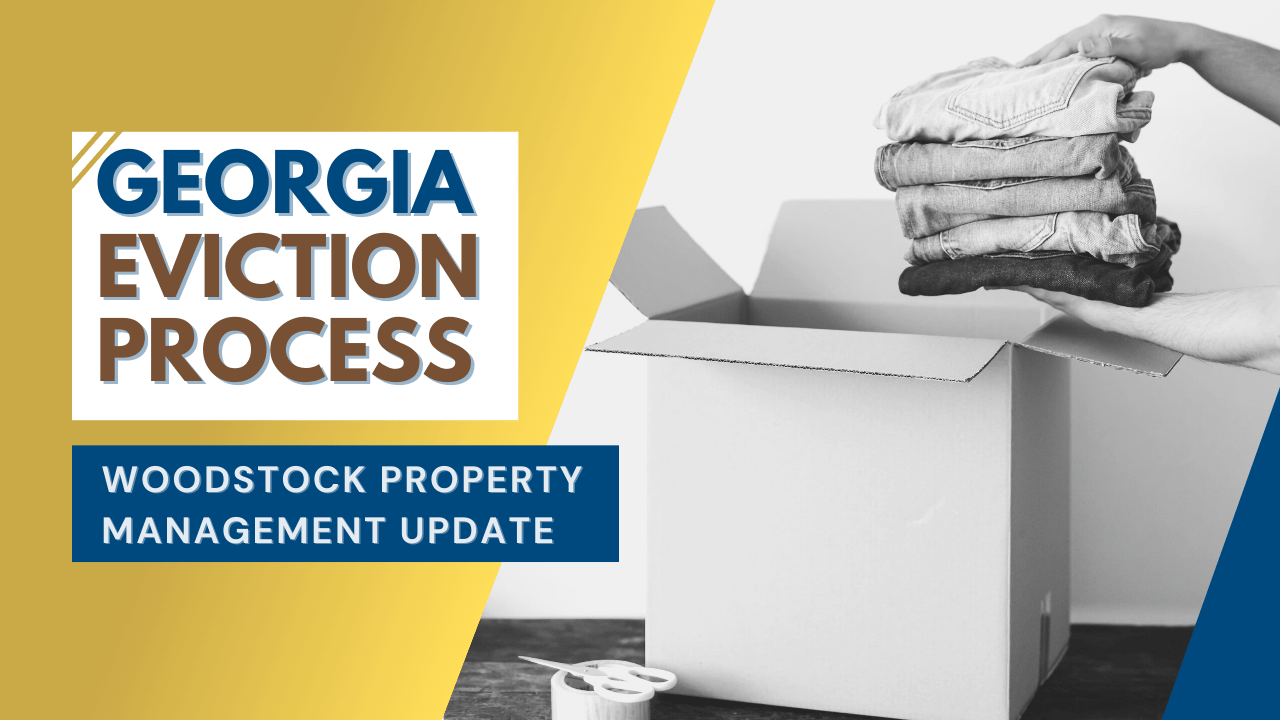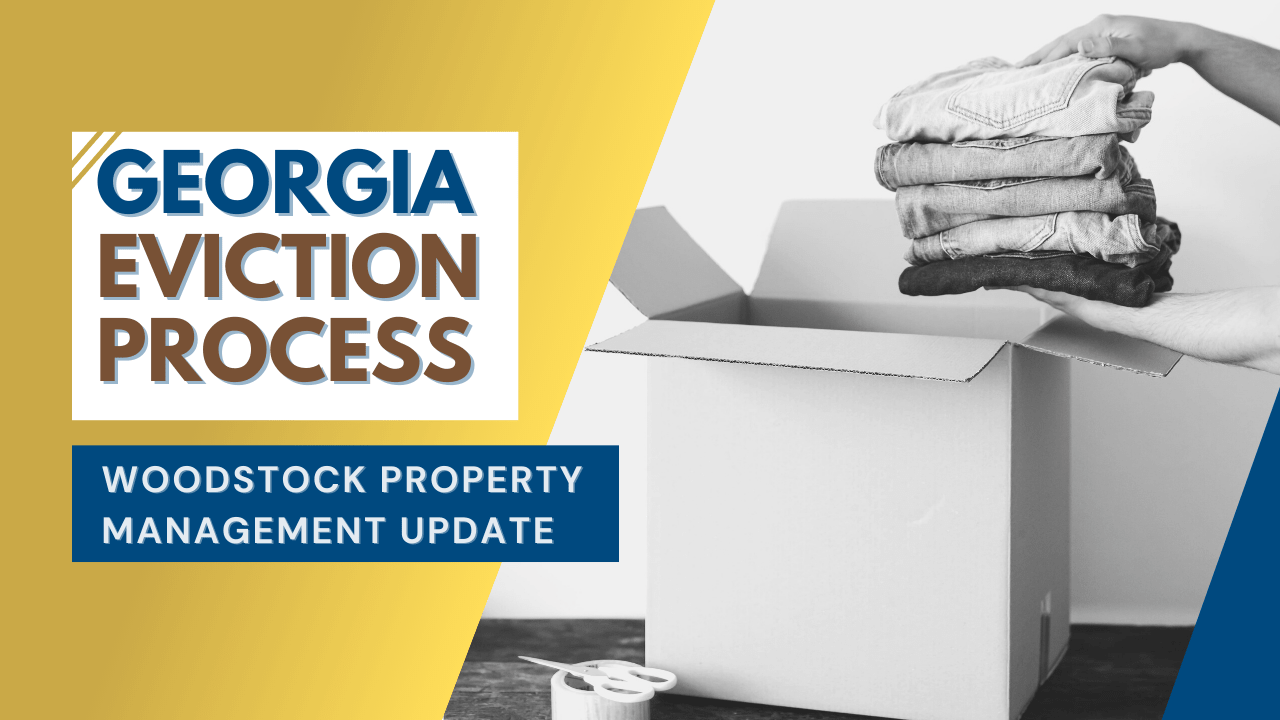
Generally, the eviction process in Georgia is pretty straightforward. While there are several reasons landlords are permitted to cancel a lease agreement and remove a tenant from their property, the most common reason for eviction is nonpayment of rent. As long as you can prove your tenants are not paying and you’ve followed every legal step, evicting a tenant has historically been uncomplicated.
While the country continues to struggle with regaining normalcy during an active and ongoing pandemic, eviction rules, laws, and processes have changed. Today we’re talking about how to navigate the current situation, in which there’s a federal moratorium on most evictions, and how to prepare for evicting a tenant once the moratorium is lifted.
Woodstock Evictions during COVID
In 2020, the Centers for Disease Control (CDC) issued a moratorium on evictions for nonpayment of rent when a tenant declares that their inability to pay rent is due to financial hardship created by the coronavirus pandemic. The last stimulus bill passed in 2020 extended that moratorium until January 31, 2021, and there’s good reason to believe that it will be extended again until the end of March.
(I believe this has already been extended until March 31, 2021)
This means you cannot evict a tenant for nonpayment if they provide a statement that certifies their inability to pay due to the pandemic. Many tenants are continuing to work from home and are paying rent as expected. Others have suffered a job loss, reduction in pay, or business closures due to the virus.
Your best course of action is to work with your tenants and try to get some rent coming in. If they can pay part of what is owed or set up a payment arrangement, everyone will be in a stronger position. The moratorium does not erase the rent and late fees that they owe.
Woodstock Evictions Outside of COVID: Serving an Eviction Notice
In Georgia, the first step in the eviction process is serving the tenant a notice. When your tenant fails to pay rent by the first day of the month or payment due date of the lease agreement, you are immediately permitted to serve an eviction notice. Georgia law doesn’t actually require a written notice, but we highly recommend you document this important step.
Your eviction notice should include the tenant’s name and contact information, the reason the notice is being served, the amount of rent that’s due, and when it needs to be paid in order to avoid further eviction proceedings.
Woodstock Evictions Outside of COVID: Filing for Eviction in Court
 If the rent remains unpaid and the tenant has not vacated the property, your next step is to file an affidavit with the court to begin an eviction lawsuit. Georgia law has no set time frame for how long a landlord must wait after giving the tenant an eviction notice and filing an eviction lawsuit, but we recommend a three-day period. You’ll need a signed court order from a judge before your tenant can be physically removed from the property.
If the rent remains unpaid and the tenant has not vacated the property, your next step is to file an affidavit with the court to begin an eviction lawsuit. Georgia law has no set time frame for how long a landlord must wait after giving the tenant an eviction notice and filing an eviction lawsuit, but we recommend a three-day period. You’ll need a signed court order from a judge before your tenant can be physically removed from the property.
We don’t know what the future will hold for a landlord’s ability to evict a nonpaying tenant, but if you have any questions or you’re struggling with this now, please contact us at Clients 1st Property Management. We do an excellent job of staying current on laws and regulations, and we have the systems in place to respond to any challenge rental property owners in Woodstock may be facing.


